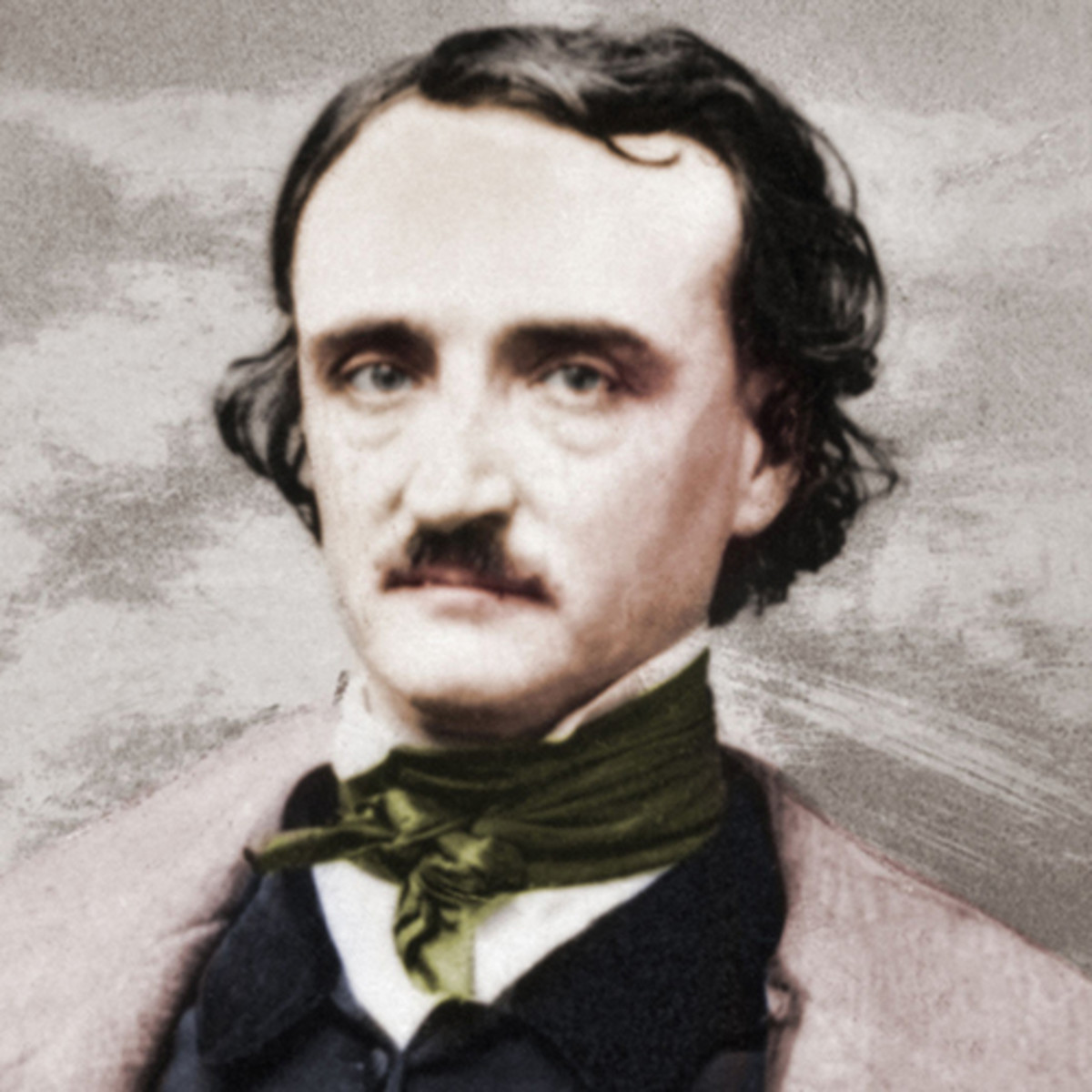Because I feel that, in the Heavens above,
The angels, whispering to one another,
Can find, among their burning terms of love,
None so devotional as that of “Mother,”
Therefore by that dear name I long have called you—
You who are more than mother unto me,
And fill my heart of hearts, where Death installed you
In setting my Virginia's spirit free.
My mother—my own mother, who died early,
Was but the mother of myself; but you
Are mother to the one I loved so dearly,
And thus are dearer than the mother I knew
By that infinity with which my wife
Was dearer to my soul than its soul-life
Published:
1849
Length:
Shorty
Literary Movements:
Romanticism
Anthology Years:
2023
Themes:
Death & Loss
Family
Memory & The Past
Literary Devices:
Alliteration
the repetition of the same letter or sound at the beginning of words appearing in succession
Anaphora
a figure of speech in which words repeat at the beginning of successive clauses, phrases, or sentences
Enjambment
a line break interrupting the middle of a phrase which continues on to the next line
Hyperbole
exaggerated statements or claims not meant to be taken literally

